- News
- Reviews
- Bikes
- Components
- Bar tape & grips
- Bottom brackets
- Brake & gear cables
- Brake & STI levers
- Brake pads & spares
- Brakes
- Cassettes & freewheels
- Chains
- Chainsets & chainrings
- Derailleurs - front
- Derailleurs - rear
- Forks
- Gear levers & shifters
- Groupsets
- Handlebars & extensions
- Headsets
- Hubs
- Inner tubes
- Pedals
- Quick releases & skewers
- Saddles
- Seatposts
- Stems
- Wheels
- Tyres
- Tubeless valves
- Accessories
- Accessories - misc
- Computer mounts
- Bags
- Bar ends
- Bike bags & cases
- Bottle cages
- Bottles
- Cameras
- Car racks
- Child seats
- Computers
- Glasses
- GPS units
- Helmets
- Lights - front
- Lights - rear
- Lights - sets
- Locks
- Mirrors
- Mudguards
- Racks
- Pumps & CO2 inflators
- Puncture kits
- Reflectives
- Smart watches
- Stands and racks
- Trailers
- Clothing
- Health, fitness and nutrition
- Tools and workshop
- Miscellaneous
- Buyers Guides
- Features
- Forum
- Recommends
- Podcast
review
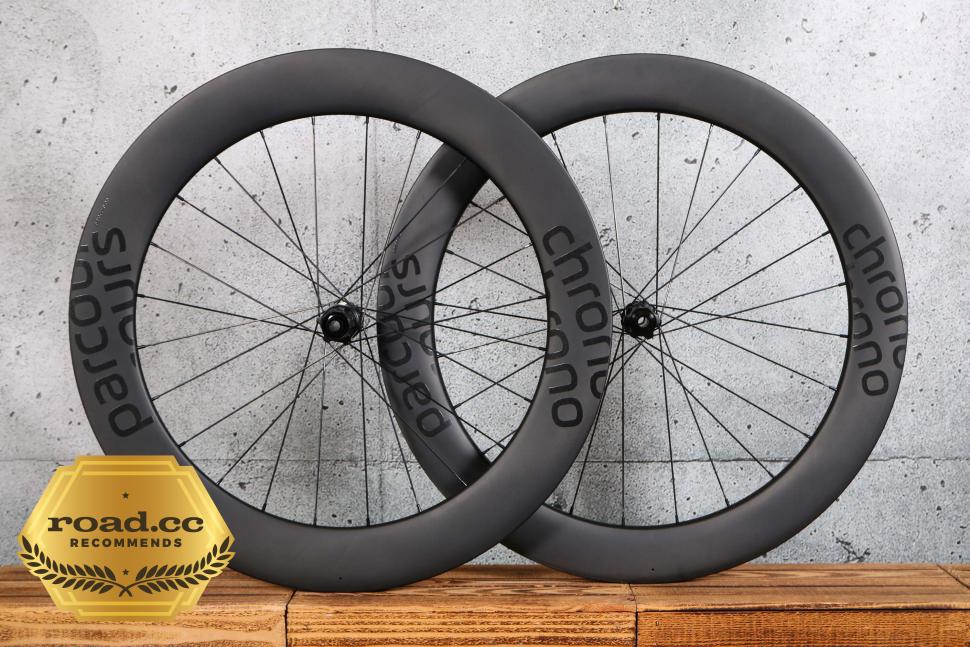 Parcours Chrono wheelset
Parcours Chrono wheelset£1,199.00
VERDICT:
Deep wheels just got a lot more stable!
Fast
Remarkably stable in crosswinds
Well built
Great value
They ship untaped
Weight:
1,670g
Contact:

This product has been selected to feature in road.cc recommends. That means it's not just scored well, but we think it stands out as special. Go to road.cc recommends
At road.cc every product is thoroughly tested for as long as it takes to get a proper insight into how well it works. Our reviewers are experienced cyclists that we trust to be objective. While we strive to ensure that opinions expressed are backed up by facts, reviews are by their nature an informed opinion, not a definitive verdict. We don't intentionally try to break anything (except locks) but we do try to look for weak points in any design. The overall score is not just an average of the other scores: it reflects both a product's function and value – with value determined by how a product compares with items of similar spec, quality, and price.
What the road.cc scores meanGood scores are more common than bad, because fortunately good products are more common than bad.
- Exceptional
- Excellent
- Very Good
- Good
- Quite good
- Average
- Not so good
- Poor
- Bad
- Appalling
The Parcours Chrono wheelset has 68mm and 75mm-deep rims front and rear respectively, so you'd expect them to misbehave in crosswinds; however, they're remarkably stable, meaning you can have the aero benefits of a deeper wheelset in even more conditions! If you like engineering white papers, clever aero stuff, or just want to stay out of hedges while going fast on a bike then these wheels from this lesser-known British brand are well worth a look.
Also check out our guide to the best road bike wheels, for more options at various prices.
> Buy now: Parcours Chrono wheelset for £1,199 from Parcours
When I started cycling competitively a decade or so ago, I can't say I was a massive fan of deep-section wheels. They were responsible for plenty of hair-raising moments and even the pros could be seen clutching at their bars every time it got breezy. Fast forward 10 years and things have moved on. Thanks to disc brakes becoming commonplace, wider wheels are now bang on trend, and the extra stability that brings – up to a point – has normalised training and racing in all weather conditions on carbon deeps.
Wheels such as the Prime Primavera 44s and, almost to the same extent, Roval's Rapide CLXs mean I now feel comfortable using carbon deeps in even the windiest of conditions. However, beyond that 50mm or so mark, even the latest wheels can still become a bit of a handful – just take the 65mm-deep Cadex wheelset, for example, that Matt tested in June, with those super-bladed carbon spokes.
You might be asking yourself why stability matters. Well, the simple truth is that just about every established wheel brand knows how to make a fast wheel – yes, some are marginally better and some are slightly floppier, but the difference in aerodynamics between two identically modern deep wheels is marginal at best.
The Parcours Chrono wheels are undoubtedly fast, just as you'd expect from a wheelset that measures up 68mm deep at the front and 75mm deep at the rear. They sound good too – out of the saddle, you get that proper swooshing noise! Their real selling point, though, is stability – it is nothing short of remarkable.
My testing began in the middle of the winter criterium series, when any weather bar sun is to be expected and riders could be seen jerking around corners on exposed airfields as the chilling wind caught them. The Chronos, though, were surefooted, behaving like a rim nearer 45mm than its true depth.
This stability impressed me so much that I decided to take the risk and pack them as my sole wheelset for a fortnight-long training camp in Lanzarote – a place well known for its surf-friendly winds.
Once again, the wheels impressed, behaving predictably, and while you do get a steady side pressure in crosswinds, Parcours has done a superb job of reducing that snatching sensation. (If you're well into your science of air, like me, then you'll enjoy reading through the Chrono's Engineering White Paper, which details how this stall has been reduced.)
The speed and stability is addictive and leaves very little reason to go back down to a shallow wheelset. Obviously, deep wheels are heavier – the Chronos have a claimed weight of 1,620g, which is 200g or so heavier than most class-leading, wide 50mm all-rounder wheelsets. On the road.cc Scales of Truth, we measured the Chronos with tubeless valves and 11-speed freehub but without tape at 1,670g so this figure seems accurate.
Compared with other wheelsets of a similar depth, they stack up well: the Cadex 65 wheels are a little lighter (1,550g) but also shallower, and the Halo Carbaura 80mm wheelset is deeper but heavier (1,770g).
We're often told that additional weight makes a minimal difference on rolling routes and I would tend to agree – I find that stiffness, of wheelset and frame, makes a far more tangible change to climbing sensation than a few saved grams. The Chrono wheels are certainly stiff enough, with 24 spokes both front and rear, and as with most carbon wheels of this depth, they feel tight both radially and laterally.
The spokes in question are Sapim CX-Ray and the hubs are Parcours' own Center Lock disc design – both were hard to fault. The hubs ran smoothly out of the box on EZO stainless steel bearings (the same brand as you'll find in many Hunt wheels), and for anyone looking for further (marginal) gains there is also a Kogel Ceramic option.
My only very minor comment regarding the hubs is that they use external lockrings to secure the brake rotors; this is because of the larger bearings, which are said to improve rolling resistance and durability. It's a very valid reason but I still can't pretend that I prefer them to the internal spline design.
The rear hub houses a steel freehub body with a 44-tooth ratchet engagement system and three pairs of pawls for optimal longevity and performance. The pickup is indeed good and the relatively small engagement angle (8.18 degrees) makes the wheelset suitable for the sharp accelerations of criterium racing as well as steady state efforts.
Parcours claims that the wheels are fastest when paired with 28mm tyres. During testing, I primarily used 27mm Challenge Criterium RS rubber which provided a good transition to the 22.5mm internal width rims. Supposedly, wheels and tyres are fastest when the rim is ever so slightly wider than the tyre at its widest point, and so the 32mm (front) and 30.5mm (rear) external widths provide a good base to make this possible with modern width tyres.
The only real negative I've found with these wheels is that they come untaped. You do get tubeless tape in the box, but be prepared to spend a bit of time practising your taping technique to ensure a proper seal ready for tubeless.
Value & conclusion
At £1,199 the Chrono wheels are a seriously attractive option for anyone looking to increase their average speed on a road bike.
The Halo Carbauras are similar at £1,099.95, but I'd opt for the Parcours thanks to their excellent stability.
The other deep wheelsets mentioned throughout the review all cost significantly more – the Cadex 65s, for example, will set you back £2,499.98 and the Princeton CarbonWorks Wake 6560s are £3,700 – up from £3,199.99 when Stu tested them in 2021.
The Parcours Chrono wheels aren't just good for their price, though, they're excellent wheels, end of. Whether you're a time trialler, crit racer, triathlete or a roadie looking for watt savings, the Chronos will serve you well through more weather conditions than you might initially think. There aren't many wheelsets that can make the Zipp 454 NSWs that currently adorn my bike look average, but this is one of them.
Verdict
Deep wheels just got a lot more stable!
road.cc test report
Make and model: Parcours Chrono 68/75mm wheelset
Size tested: 700C, 68/75mm rim depth
Tell us what the wheel is for and who it's aimed at. What do the manufacturers say about it? How does that compare to your own feelings about it?
Parcours says: "Designed and optimised for running with a 28mm tyre, the Chrono will deliver you to the finish line faster and fresher than ever before. Our #thinkwider rim technology also makes this the most stable wheelset of its kind, perfectly suited for near-enough any ride conditions." I agree with that and think that it's a great wheelset for crit riders, time triallers and speed freaks looking for watt savings.
Tell us some more about the technical aspects of the wheel?
Parcours lists:
Rim depth: 68.6mm (front) / 75.7mm (rear)
Max rim width: 32.0mm (front) / 30.5mm (rear)
Internal rim width: 22.5mm
Weight: Claimed 1,620g (745g front / 875g rear)
Spokes: Sapim CX-Ray (24 front / 24 rear)
Lacing pattern: 2-cross (front) / 2-cross (rear DS/NDS)
Hubs: Parcours Disc Centerlock
Optimised for a 28mm tyre
EZO Stainless steel bearings
Rate the wheel for quality of construction:
9/10
Rate the wheel for performance:
9/10
They're stiff, fast and stable – what more could you want?
Rate the wheel for durability:
9/10
Rate the wheel for weight
8/10
The weight isn't bad for the depth, but neither is it a priority of the wheels.
Rate the wheel for value:
8/10
Did the wheels stay true? Any issues with spoke tension?
No issues.
How easy did you find it to fit tyres?
No problem. The wide internal rim width had no problems with multiple tyre brands, both tubeless and tube type clincher.
How did the wheel extras (eg skewers and rim tape) perform?
Rim tape is supplied but not fitted, which is a bit annoying; external lockrings and tubeless valves also supplied, and both worked well with no issues during testing.
Tell us how the wheel performed overall when used for its designed purpose
Extremely well – they're fast, as expected, but the stability means that this speed can be used more often and without the fear of being dragged off by blustery crosswinds.
Tell us what you particularly liked about the wheel
The speed! (Without the eye-raising buffeting.)
Tell us what you particularly disliked about the wheel
Having to tape the rims myself.
How does the price compare to that of similar products in the market, including ones recently tested on road.cc?
Very well! As mentioned in the review it is possible to get wheels of this depth for less, but the performance of the Chronos more than justifies the price and puts them in competition with wheelsets of much higher value.
Did you enjoy using the wheel? Yes
Would you consider buying the wheel? Yes
Would you recommend the wheel to a friend? Yes
Use this box to explain your overall score
These truly are excellent wheels. They're fast, and more stable than any other wheelset of this depth I've used. The hub and spoke choices are sound and proved reliable, and every design choice such as the engagement angle, rim widths and profiles seem informed for the job at hand.
About the tester
Age: 23
I usually ride: Specialized venge pro 2019 My best bike is:
I've been riding for: Under 5 years I ride: Every day I would class myself as: Expert
I regularly do the following types of riding: road racing, time trialling, cyclo cross, commuting, club rides, sportives, general fitness riding, mtb,
Jamie has been riding bikes since a tender age but really caught the bug for racing and reviewing whilst studying towards a master's in Mechanical engineering at Swansea University. Having graduated, he decided he really quite liked working with bikes and is now a full-time addition to the road.cc team. When not writing about tech news or working on the Youtube channel, you can still find him racing local crits trying to cling on to his cat 2 licence...and missing every break going...
Latest Comments
- Smoggysteve 5 sec ago
Does anyone know if he got his bottom bracket sorted? That's a nasty creak. I reckon it's a Cannondale but I could be wrong.
- whosatthewheel 33 min 56 sec ago
The main problem is people overtighening their BOA dials already right before getting on the bike. That combined with vibrations transferred from...
- captain_slog 1 hour 24 min ago
Nice idea. Il Lombardia: la classica delle foglie morte. Because that name, Lake Como in autumn, Coppi and proper climbs.
- Dnnnnnn 1 hour 33 min ago
It might have stretched to that metre, and I suspect it was only available for active travel capital projects - but the general public just see...
- whosatthewheel 1 hour 44 min ago
Must have been ages ago? Fences have stopped using Ebay, and if it is a very expensive, rare and customised bike, like mine was, those get shipped...
- Bungle_52 3 hours 8 min ago
Well now I've heard the excuses and had time to digest them I'm not impressed to say the least....
- Rendel Harris 4 hours 8 min ago
Definitely legal and a number of teams have used them, I remember an interview with IPT's chief technician a couple of years back where he revealed...
- slc 4 hours 19 min ago
I cycled up Marsh Lane yesterday, and went through the bus gate behind the new number 16 bus (temple meads to kingswood via barton hill). So that...
- hawkinspeter 5 hours 37 min ago
I share that hope too. I think it's slightly more complicated as the lower courts ordered that he had to be returned and now the Supreme Court have...
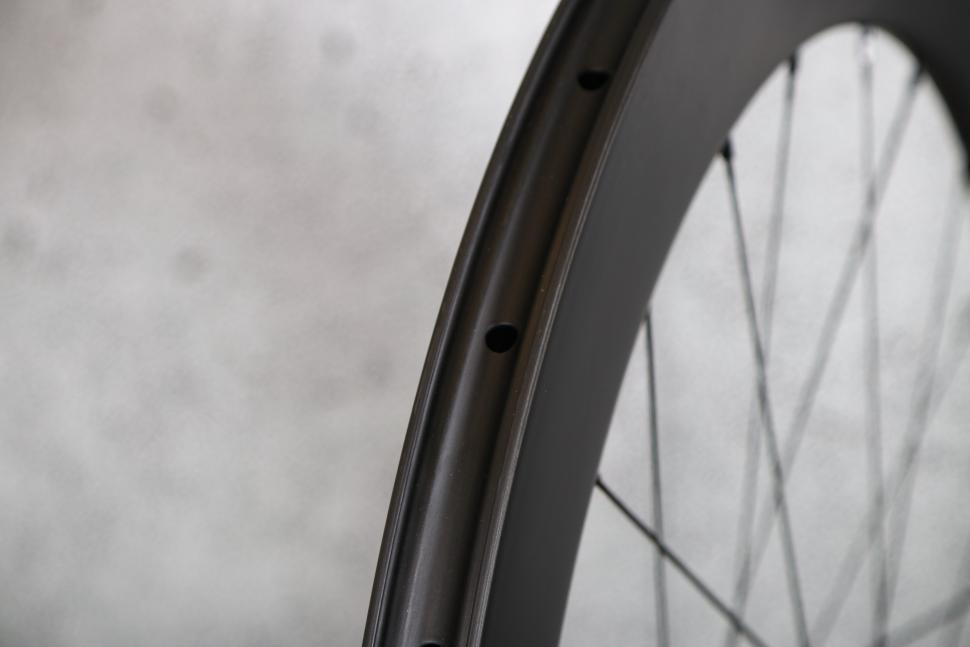
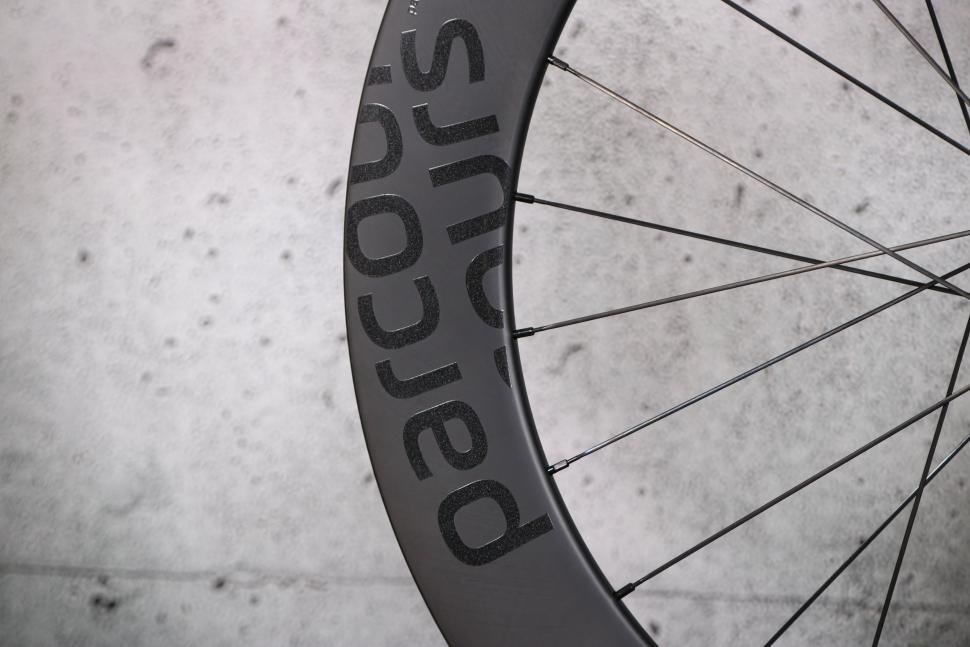










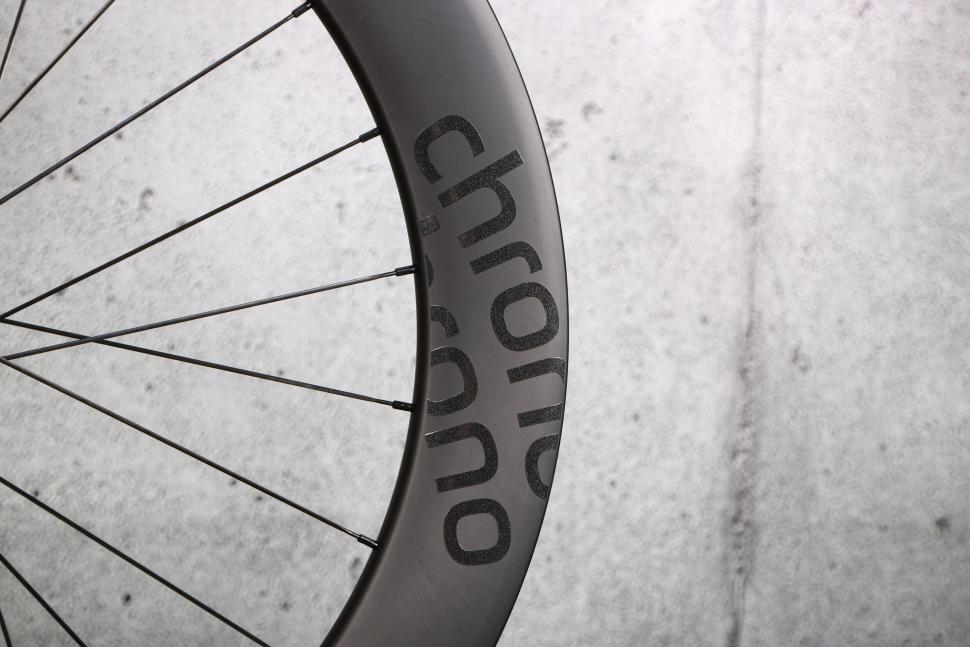
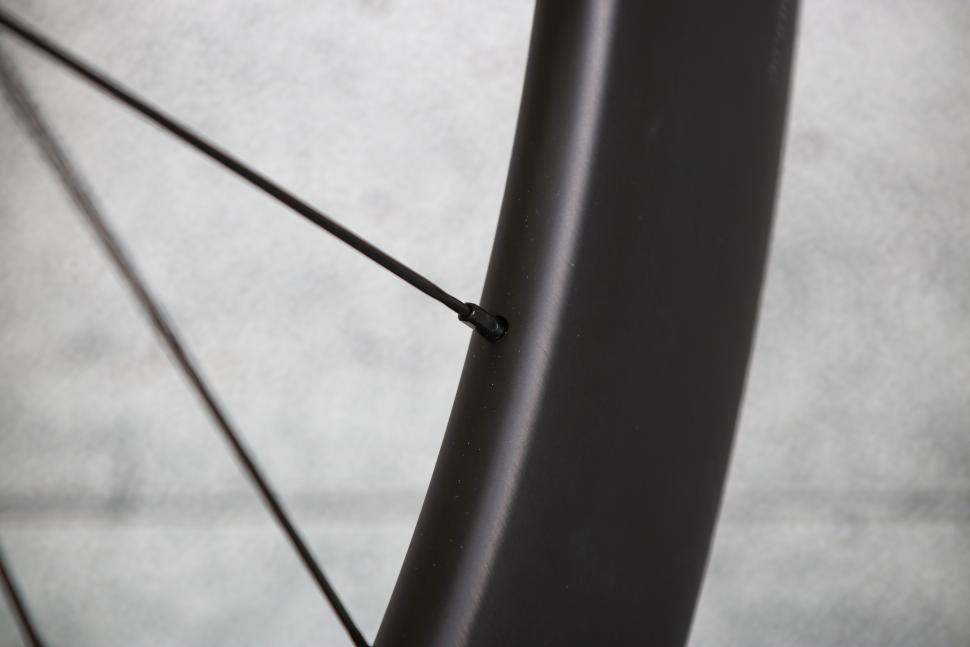

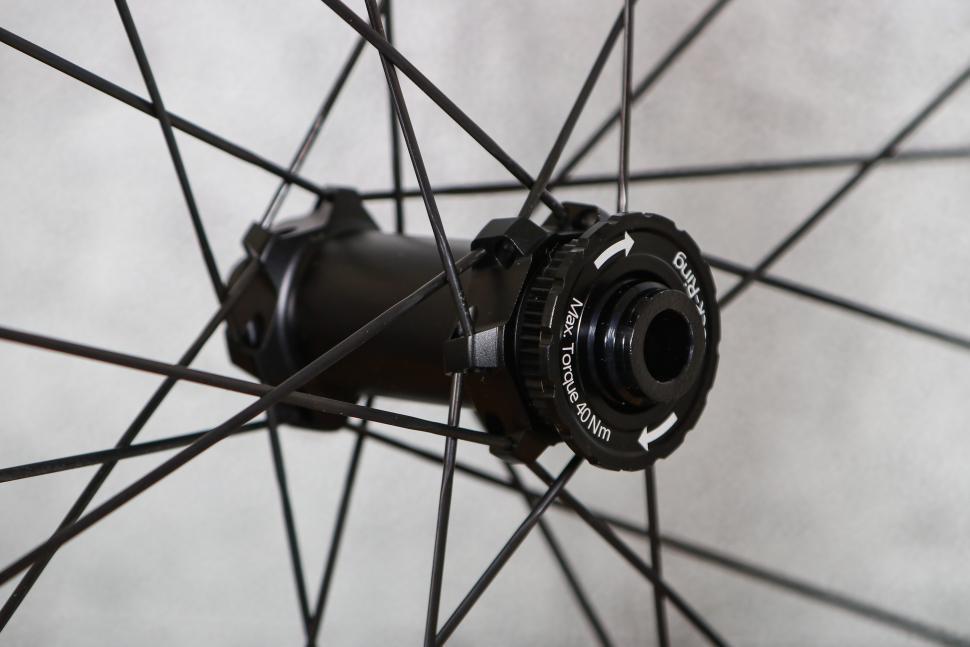
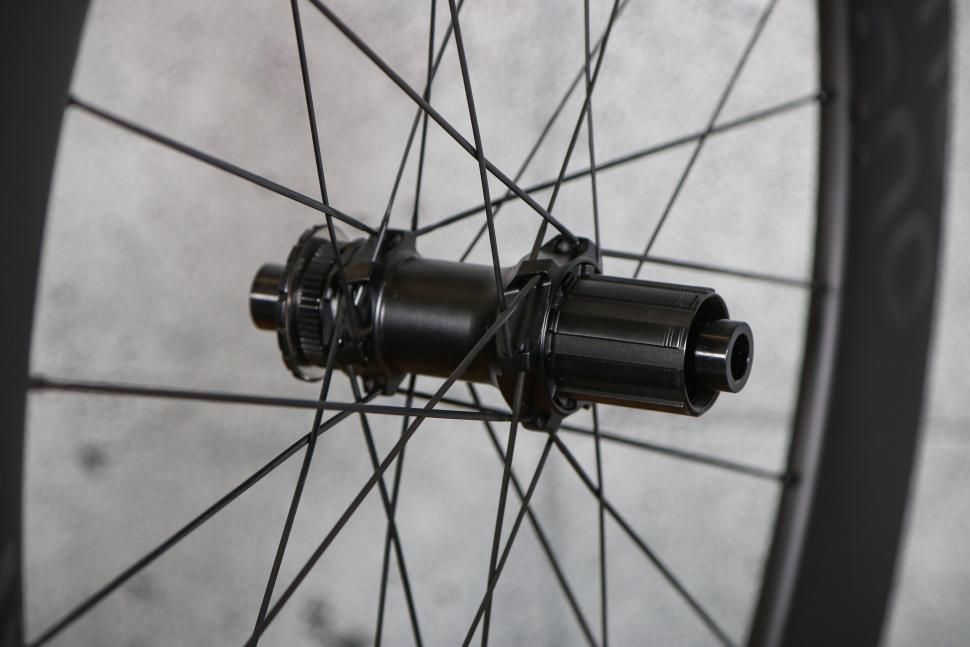

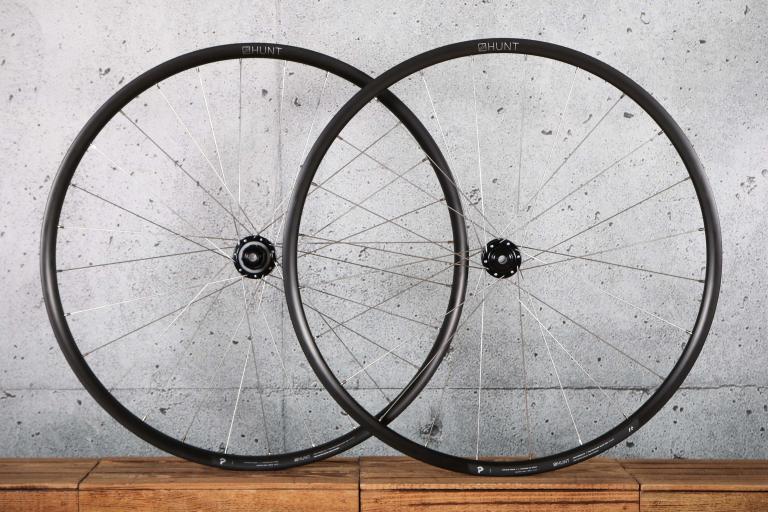
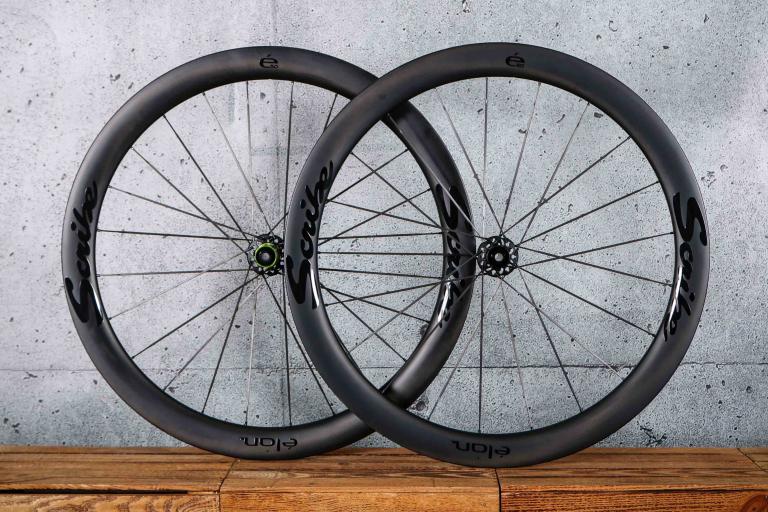
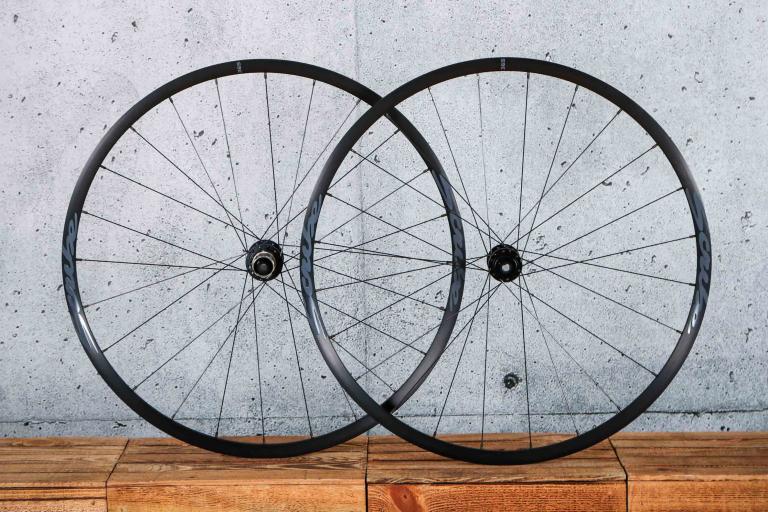
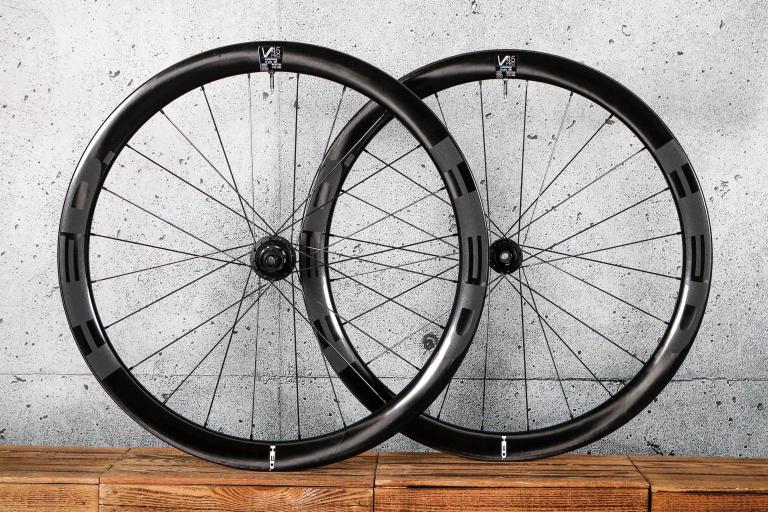
Add new comment
5 comments
You're a very brave man indeed riding these in Lanza. In all my years of riding there, I have never seen anyone using wheels this deep. I did once hire a bike with mid-depth wheels and never again after a couple of rides on properly windy days with big gusts made it very squeaky bum time.
hmmm.
Calling a particular set of wheels more stable than others without a group test sounds a little iffy to me.
These were tested back to back against Roval Rapide CLX, Hunt Limitless V2, Scribe Elans and plenty of other wheelsets over the 3 months of testing, we've also been digging into Parcour's white paper on the stability claims since riding the wheels which is consistent with our on-road experience.
It's an interesting matter, the relative stability and "speed" of wheels supposedly designed for more speed from the same cyclist power inputs. Whilst wind tunnel tests might give accurate data about such performance for nice stable airflows but no extraneous factors, real-world use is a different matter. In the real world there are gusts and even more complex turbulances (especially when riding with others) that are nothing like conditions in a wind tunnel*.
The problem, for wheel designer testers, is that it's unclear how to arrange an artificial windy environment that matches real-world conditions. This is becasue real-world conditions vary a great deal - every ride on a windy day, especially with others and on different roads, will be almost unique.
For these reasons, the sort of testing done by websites such as this (assuming they aren't too polluted with manufacturer PR blurb) are probably the best way to compare such wheels. Rides in various windy conditions by an experienced cyclist who can physically and mentally judge comparative wheel behaviours without too much subjectivity will be significantly more meaningful than wind tunnel tests.
But subjectivity will inevitably still be a factor. Perhaps there should be at least 4 testers, all testing without talking to each other about their results, which are then correlated by an editor?
* There's a Hambini article on his website that purports to employ a more real-world general test to obtain data about wheel aerodynamics. It isn't clear, though, that this is anything better than a wind tunnel in that the real-world conditions referenced are just one possibility amongst a very large number of possible conditions.
Just to add to this, we do conduct substantial real world testing, using instrumented bikes equipped with accelerometers to measure any handling instability. This is run alongside subjective data from rider surveys to allow us to quantify handling performance.
We've just got a little bit more work to do on the analysis before publishing full results, but keep your eyes on the website for more details soon!